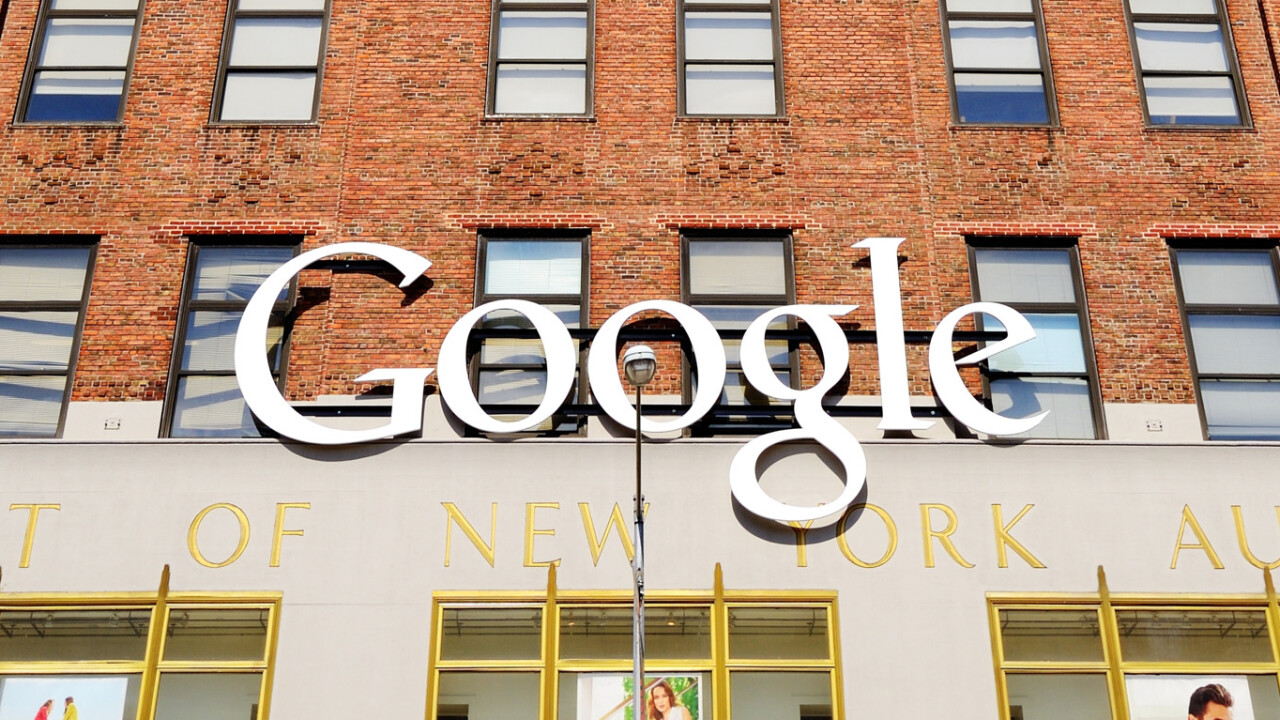
The Google Cloud Platform team today announced two big updates for mobile app developers. Google Cloud Endpoints, which helps developers build their own backend, has now moved to General Availability. At the same time, Mobile Backend Starter, the company’s one-click deployable cloud backend for Android and iOS, has gained support for large media files.
Google Cloud Endpoints provides developers with a way to create, expose, and consume APIs served from App Engine. It’s a simple way for granting multi-client access to a shared Google App Engine backend:
Backend developers can use simple annotations to turn native Java and Python code into APIs that can be easily deployed and consumed by Android, iOS, and Web clients. Furthermore, deployed APIs gain the resilience and scalability that other Google APIs have with features like DoS protection, OAuth support, and client key management.
Client developers on Android, iOS, and Web can use automatically generated client libraries for API access. Cloud Endpoints libraries take a lot of the complexity away by handling marshaling and unmarshaling, authentication, as well as key verification.
Given that Mobile Backend Starter (MBS) is built on Cloud Endpoints, it makes sense that the service is also being updated today. As mentioned, MBS now handles large media files, letting developers manage user-isolated and secure access to data in Cloud Storage directly from Android or iOS apps, with no server coding required.
Google first released a preview of Google Cloud Endpoints, which simplify building highly scalable and flexible backends for Web and mobile applications, back in February. Mobile Backend Starter, a Google App Engine application that lets developers support hundreds of concurrent users at no charge, meanwhile arrived in June for Android, and just last month for iOS.
Whether your mobile project demands your own backend or a ready-made backend, Google has you covered. The only caveat is you have to be okay with limiting your platforms to the ones the company is willing to support.
Top Image Credit: Shutterstock
Get the TNW newsletter
Get the most important tech news in your inbox each week.






